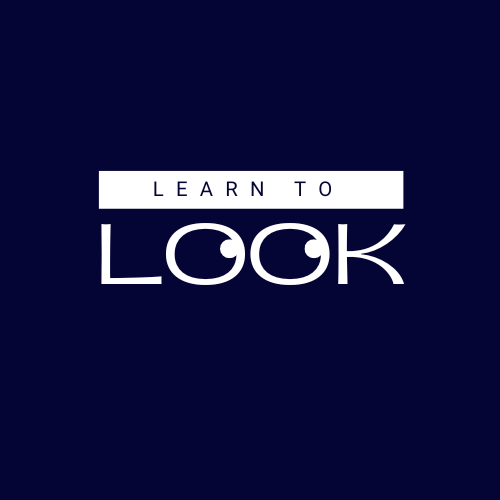How do we handle critical situations? It’s often said that you don’t truly know someone until you’ve seen them face a stressful situation but what if it’s not really about situations or what others do but about how we act and respond to those uncomfortable moments. Moments that boil down to conversations. Do we handle them well? When talking turns tough and we anticipate a potentially dangerous discussion, do we pause, take a deep breath, announce to ourselves, “Uh-oh, this discussion is crucial, I’d better pay close attention ” and then be on my best behavior? Sometimes we boldly step up to hot topics, monitor our behavior, and offer up our best work.
And then we have what happens the other times. These are the moments when, for whatever reason, we either anticipate a crucial conversation or are in the middle of one and we’re at our absolute worst – we yell; we withdraw; we say things we later regret. When conversations matter the most – that is, when conversations move from casual to crucial – we’re generally on our worst behavior.
Why is that?
We’re designed wrong. When conversations turn crucial, we are usually at our worst. That’s because emotions don’t exactly prepare us for crucial conversations and if we are honest with ourselves, most of us live by our emotions.
Countless generations of genetic shaping drive humans to handle crucial conversations with flying fists and fleet feet, not intelligent persuasion and gentle attentiveness.
Changing this nature that responds like reflexes begins with acknowledging that we don’t always handle situations well but not stopping there. We must be willing to own our actions and use what we try to act like didn’t happen or doesn’t exist to make the next moment better than the last.
If you’re wondering if this refers to you then ask yourself, what was the last crucial conversation you had, how did you do? How do you know if you handled it well? So glad you asked that question, did the parties involved (you included) grow, mature and or develop as a result of the moment? If your answer is no, then redesign and make your next better than your latter.
We can’t go back and change the past but we can use it to make a better future.
Lasting impression – treat every conversation like it’s a crucial conversation by putting in the work of pausing, thinking more on effectiveness than personal gain because sooner rather than later, the conversation will be crucial with critical outcomes.
“I have known a thousand scamps; but I never met one who considered himself so. self-knowledge isn’t so common.” – Ouida
Reference: Crucial Conversations: Tools for talking when stakes are high by Kerry Patterson, Joseph Grenny, Ron McMillan, and Al Switzler

